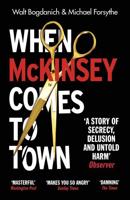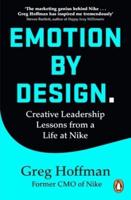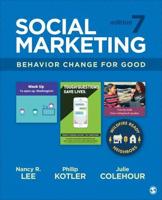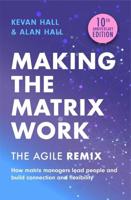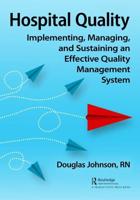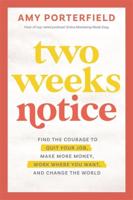Publisher's Synopsis
This book analyzes the effect on consumer welfare of settlements of patent infringement lawsuits that consist of a royalty-free license for delayed entry by a potentially infringing horizontal competitor of the incumbent patent-holder. Settlements that split the remaining patent life in a way that reflects the expected outcome of the trial do not in general improve consumer welfare compared to the litigation alternative. This result arises because such settlements can undermine potential entrants' incentives to challenge the incumbent's monopoly. If settlements of patent infringement lawsuits cause a reduction in the investment in development of competing products, consumers may prefer that the parties to such disputes litigate rather than settle.

